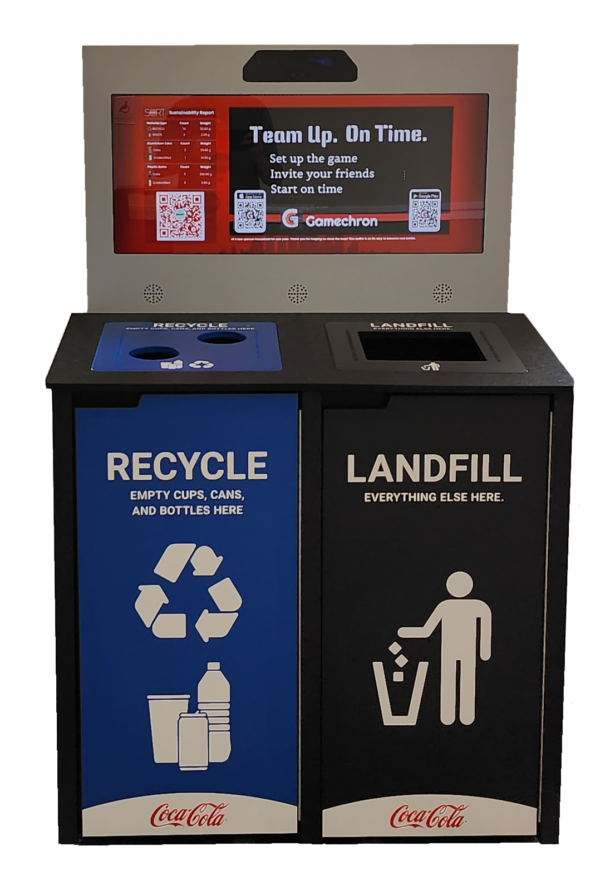Stadiums are known to generate a significant amount of waste, from food packaging and drink containers to flyers and posters. However, the latest innovations in waste reduction technology are promising to change the game and help stadiums minimize their environmental impact.
In this blog post, we will take a closer look at some of the latest waste reduction innovations in stadiums and how they are contributing to a more sustainable future.
- Smart waste bins Smart waste bins are a new addition to stadiums that are equipped with sensors to detect when the bin is full. This technology allows waste management staff to monitor bins in real-time, preventing overflowing waste bins and reducing the need for frequent collections. Furthermore, the bins can sort and separate different types of waste, such as plastic, paper, and organic waste, making recycling more efficient and effective.
- Composting systems Organic waste, such as food scraps and grass clippings, makes up a significant portion of stadium waste. Composting systems are a new innovation that can convert organic waste into compost, which can be used to enrich soil or as a fertilizer. This technology not only reduces the amount of waste sent to landfills but also provides an eco-friendly alternative to chemical fertilizers.
- Digital menu boards Digital menu boards are a new addition to stadiums that help reduce the use of paper-based menus and flyers. These digital boards display menus, promotions, and upcoming events, eliminating the need for printed materials. This innovation not only reduces waste but also provides an engaging and interactive experience for fans.
- Water bottle refill stations Plastic water bottles are a significant contributor to stadium waste. Water bottle refill stations are a new innovation that allows fans to refill their reusable water bottles. These stations not only reduce the number of plastic bottles used but also promote healthy hydration habits.
- Artificial intelligence (AI) waste sorting AI waste sorting is a new technology that uses machine learning algorithms to sort waste into different categories, such as recyclable, compostable, or landfill waste. This technology eliminates the need for manual waste sorting and can significantly improve waste management efficiency.
- Zero-waste events Stadiums are increasingly hosting zero-waste events, where waste generated during the event is either recycled or composted, with no waste sent to landfills. This initiative promotes a circular economy, where waste is viewed as a resource and not a liability.
Waste reduction technology is rapidly evolving, and the latest innovations offer promising solutions to stadium waste management challenges. Stadiums that embrace these technologies and take a proactive approach to waste reduction will reduce their environmental impact, enhance the fan experience, and promote sustainable practices. We can build a more sustainable future, one stadium at a time by working together.




